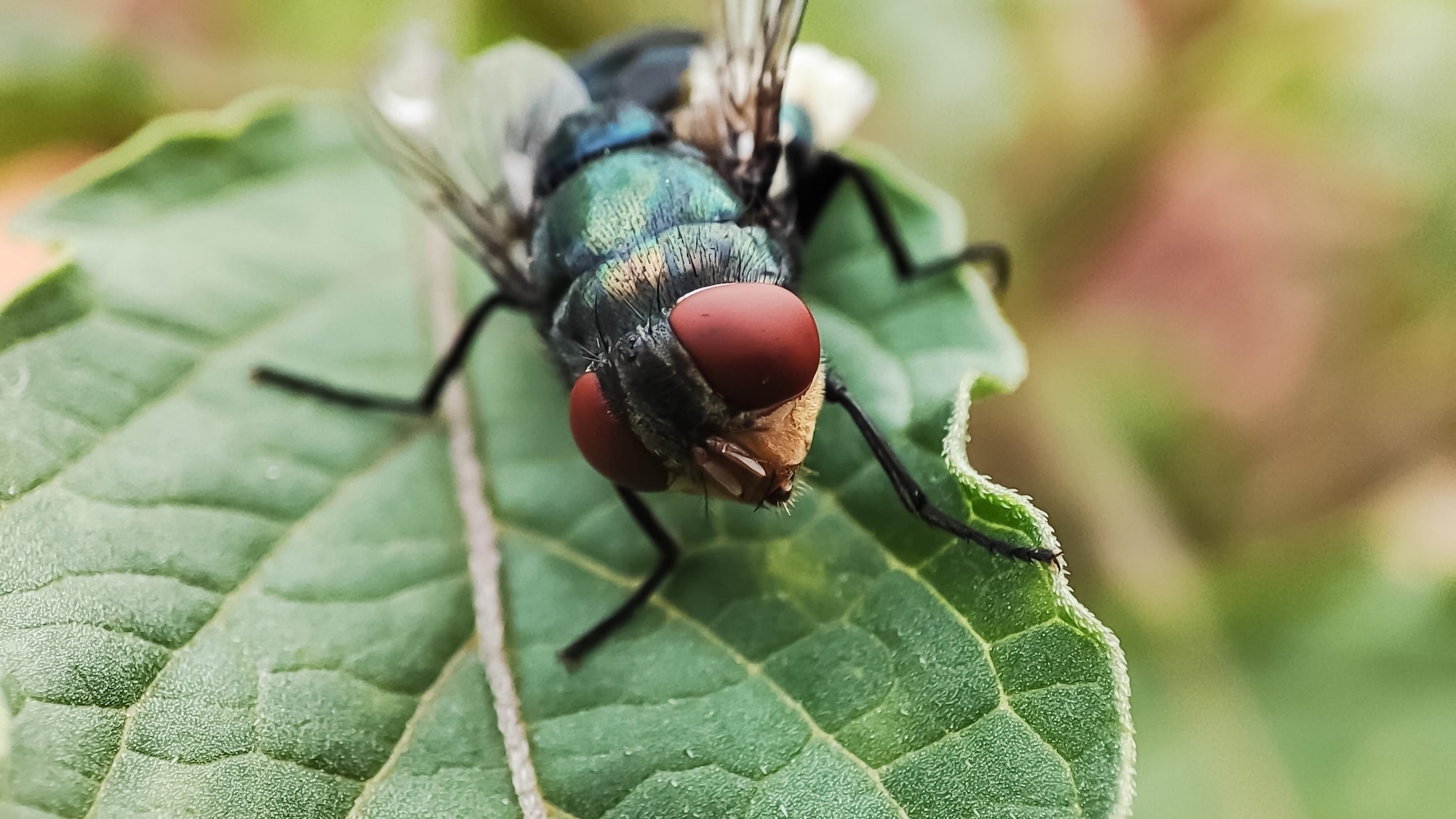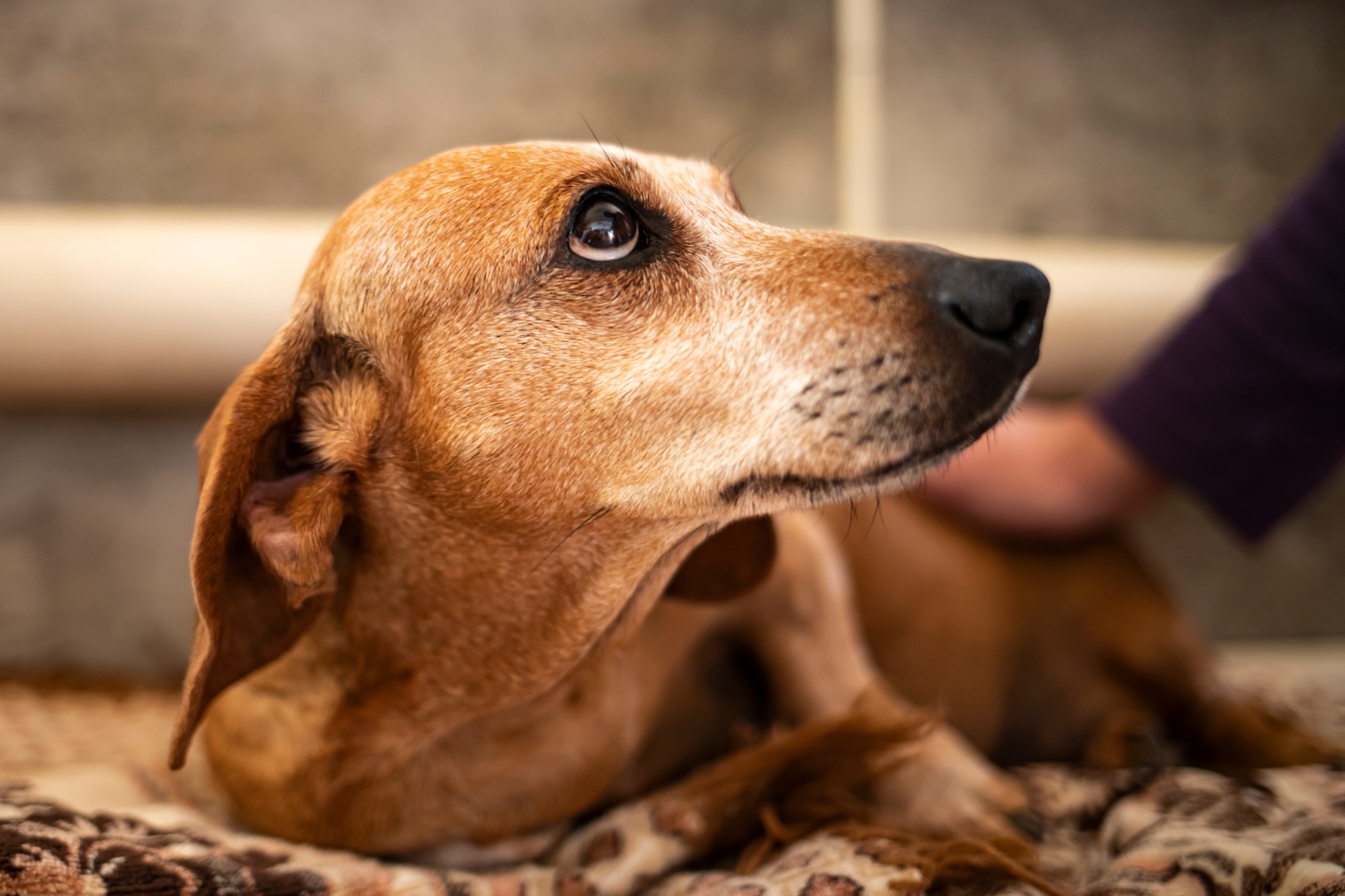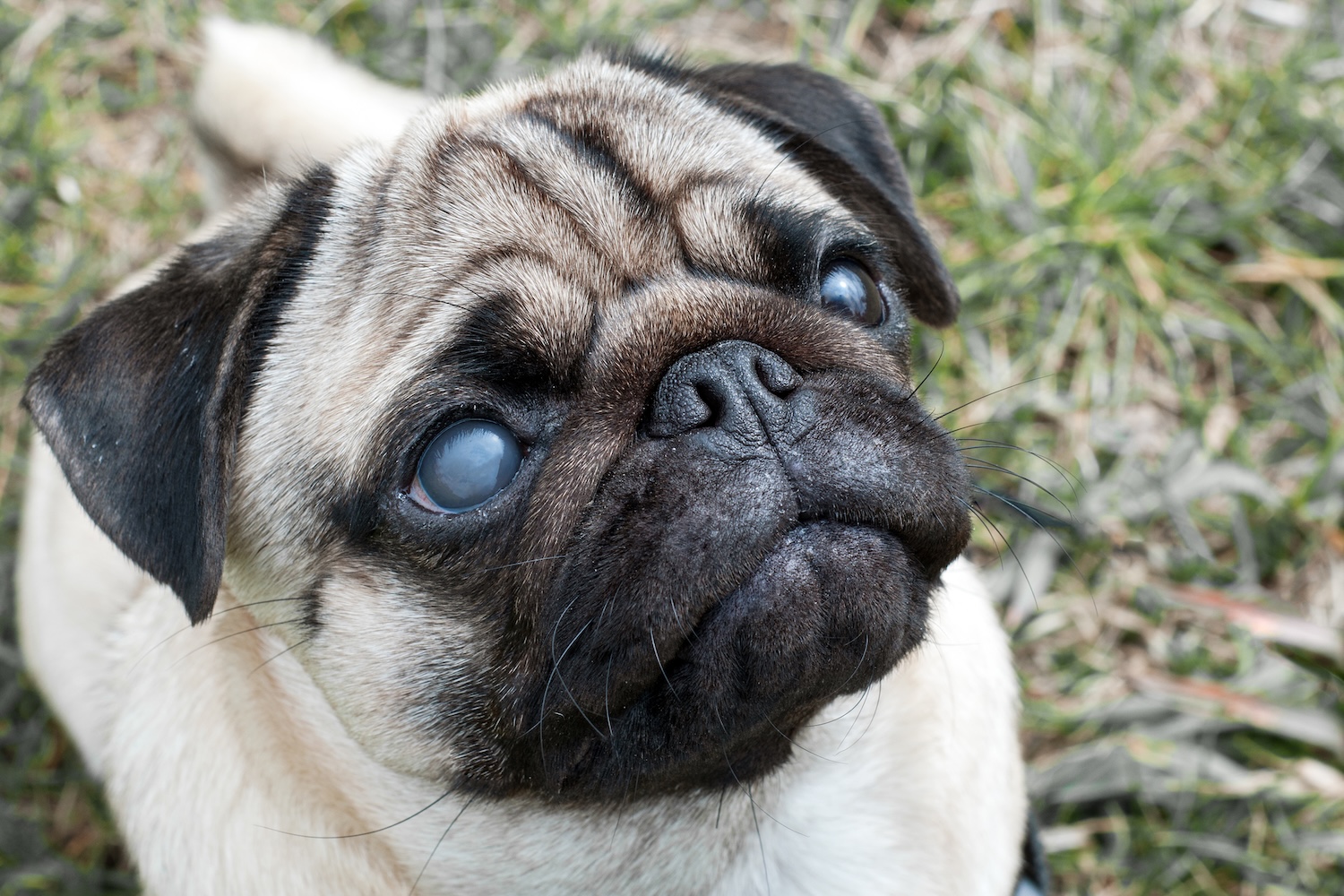Mucus serves an important function in your dog’s digestive system. The substance lubricates dogs’ colons and makes it easier for them to eliminate waste. It’s normal to see a small amount of mucus come out with your pup’s poop every once in a while. But if you see a lot of it, if it happens all the time, if your dog is also suffering other signs of illness, or you notice a change in the amount or frequency of mucus in their stool, give your veterinarian a call to make sure nothing is wrong.
How much mucus is normal in dogs’ poop?
A little bit of mucus, sometimes, is normal. We know that these are subjective terms, and if you have any questions you can talk to your veterinarian about them. But, generally speaking, a small quantity of mucus from time to time is not a concern.
When mucus in dogs’ poop is a problem
If your dog is expelling a great deal of mucus, or if it’s happening all the time, you should bring them to the vet. This is especially true if the mucus comes along with blood, or your dog is expelling mucus without any accompanying stool. In general, if you’ve noticed a change in your dog’s bowel habits, and especially if they don’t seem to be feeling well, you should consult a veterinarian.
Too much mucus in a dog’s poop can be a sign of colitis
Excessive mucus in your dog’s poop is often a sign of colitis, or inflammation of the colon. Most dogs with colitis will have soft or liquid stool, and may also have blood in their feces. Some, but not most, dogs with colitis will vomit.
Colitis has many possible causes, including bacterial infections, parasites, stress, allergies, and inflammatory bowel disease. If a veterinarian believes that your dog has colitis, they may prescribe changes to their diet, temporary fasting, and/or medication. Colitis is usually very treatable.
Other reasons for excessive mucus in a dog’s poop
Aside from colitis, other reasons that a dog might have excessive mucus in their stool include:
- A change in diet
- Dietary indiscretions
- Allergies
- Toxins
- Ingestion of a foreign object
This list is not comprehensive, and a vet is best qualified to diagnose your dog.
What a vet will look for if your dog has mucus in their poop
When you bring your dog to the veterinarian, they will ask you some questions about your dog’s recent behavior and do a physical examination. After that, depending on what they find, they may do some tests. If you bring a stool sample, they may examine it for signs of certain conditions. They may draw blood, take urine, or perform a rectal examination. In some cases, a vet may use imaging tests like X-rays or ultrasound, or recommend that a dog receive a colonoscopy.
A veterinarian will often try changing a dog’s diet before undergoing more involved tests—sometimes, this alone will resolve the situation.
How a vet will treat conditions leading to mucus in a dog’s stool
In some situations—for example, if the dog has gastrointestinal upset because of a dietary indiscretion—all it takes for a dog to get better is time. Dietary changes are also often successful at clearing up excessive mucus, which can result from allergies.
Dogs who require more treatment may receive medication to clear an infection or parasite, or to alleviate discomfort. If an object or growth needs to be removed, a dog may require surgery.
If you see mucus in your dog’s stool, be observant and take stock of the situation. It’s often no big deal; but if you notice any of the more alarming signs above, or if you’re just not sure, it won’t hurt to check in with a veterinarian for peace of mind. Most of the conditions we’ve listed are treatable—so if it turns out your pup is afflicted, you’ll probably be able to help them.




